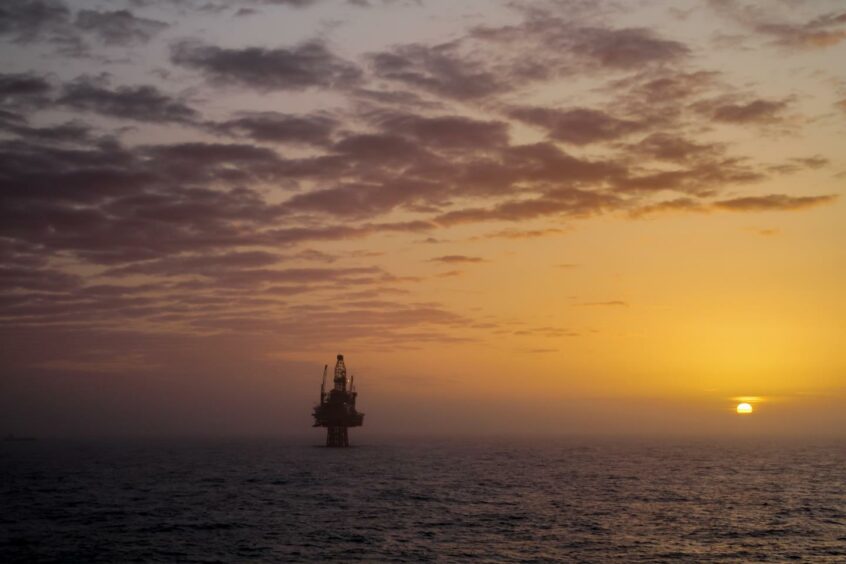
Climate and energy security goals are at risk in the North Sea oil and gas economies of the UK, Norway and Denmark – but concrete pathways, created in partnership with those affected by the phase-out across all sectors, could create a global clean transition blueprint, writes Dr Kirsten Jenkins, co-author of a new report series from the Oil and Gas Transitions (OGT) initiative.
The climate crisis and current energy market volatility is shining a spotlight on the North Sea. Long a strategically important reservoir for oil and gas, the locale could now become a pivotal ground zero for net zero, with regional oil and gas producers Denmark, Norway and the UK creating the blueprint for a global clean energy transition.
Having recently co-authored a report series on these three countries for the Oil and Gas Transitions (OGT) initiative – leading the most recent report for the UK -, it’s clear to me that, without concrete, ambitious and stable pathways towards a clean and just energy transition in the region, the 2050 climate goal is at risk worldwide. Equally, the North Sea region is rich in resources, knowledge and skills to lead the way, despite each individual market facing unique challenges: Denmark is the EU’s largest oil producer, Norway’s oil and gas sector employs 6% of its workforce, while the politically embattled UK aims to mitigate the energy crisis by expanding its exploitation of North Sea oil and gas. Each must tackle its circumstances with bold solutions and concrete roadmaps, outlined in the OGT reports, to ensure decarbonisation commitments are met, and met in a just way.
Norway’s government must lead to blow in the winds of change
Norway’s oil and gas sector contributes significantly to state finances, providing 40% exports and 14% of GDP, and expecting to earn $131Bn from oil and gas revenue next year. The sector also supports up to 200,000 jobs. Despite Norway being a signatory to the Paris Agreement, and oil and gas contributing a quarter of its annual CO2 emissions, the government has not yet set a clear net zero vision. The key challenge here is not technological but attitudinal. The government must lead to build public support for proven net zero technologies such as offshore wind and developing ones such as carbon capture and storage (CCS).
Such a transition could, if backed by the behavioural winds of change, see Norway install up to 50GW wind power by 2050, and store 35 mega tonnes of CO2 by 2035, supporting a decarbonised economy. But to get there will require a seismic political shift, and a crystal-clear vision.
The UK must further devolve its decision-making powers from the embattled Westminster
In contrast to Norway, the UK has a clearer climate vision and a net zero target of 2050. But its climate goals are currently at risk in the face of the energy crisis – exacerbated by a backdrop of economic turmoil and political chaos. The recently shaken-up government’s plan to announce over 100 new North Sea oil and gas licenses is incompatible with decarbonisation targets. Those communities that rely on oil and gas, such as large areas of Scotland – where the geographic share of the UK’s oil and gas production is 84% and the sector supports around 196,000 jobs – are concerned about how an eventual clean transition will impact their economic security, particularly when the country is soon expected to enter recession.
Here, the challenge lies, largely, with the government, who should not lose sight of the necessity of unwavering climate-aligned policy. Our report recommends that the UK could benefit from further devolution in decision-making powers to speed up regional governance and deliver faster action – opening opportunities to reskill oil and gas sector workers to transition to clean energy jobs.
Our report also advises that the UK needs a unified roadmap and climate targets to encourage political commitment and accountability. Together with reskilling programmes, and innovation to establish CCS at scale, this could help form a long-term clean energy strategy that reduces the current market volatility that, ironically, is pushing the government towards North Sea oil and gas.
With the right roadmap, EU’s largest oil producer Denmark could reach net zero in 20 years
Like the UK, Denmark – the EU’s largest oil producer – has a clear vision to phase out fossil fuel extraction. But it lacks a concrete roadmap and as oil and gas contribute significantly to the Danish economy and welfare state – $1bn in state revenue in 2019 –, its transition is dependent on finding financial compensation for lost state revenue and supporting its workforce into green economy roles.
In theory, Denmark could reach net zero by 2042, or even 2034. Our team’s report shows that any oil and gas production past 2042 is likely to be insignificant to state revenues, but those 20 years to 2042 are significant for the 4,000 workers in the sector and the economy they boost. However, said workforce could be readied to transfer its skills into clean technologies such as renewables, supplemented by CCS and energy storage, solving the revenue question.
What Denmark lacks, our work suggests, is an independent committee that can both help create the necessary roadmap, but also hold the government accountable to following it, creating policies to build markets in renewable power and reskill its workforce, and supporting innovation.
Dr Kirsten Jenkins is a lecturer in Energy, Environment and Society at The University of Edinburgh and co-author of the Oil and Gas Transitions initiative’s UK report. This article has written by Kirsten in collaboration with the Oil and Gas Transitions initiative.
Recommended for you

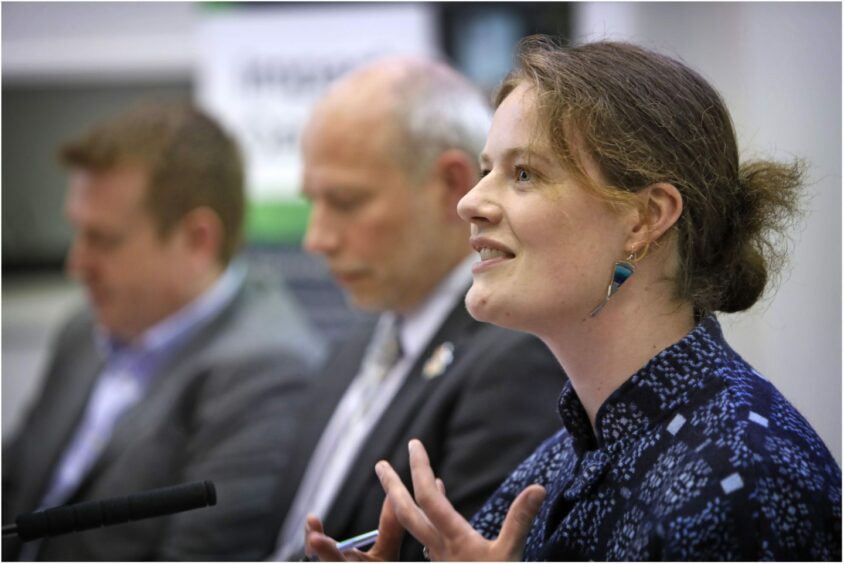 © Supplied by Greenhouse
© Supplied by Greenhouse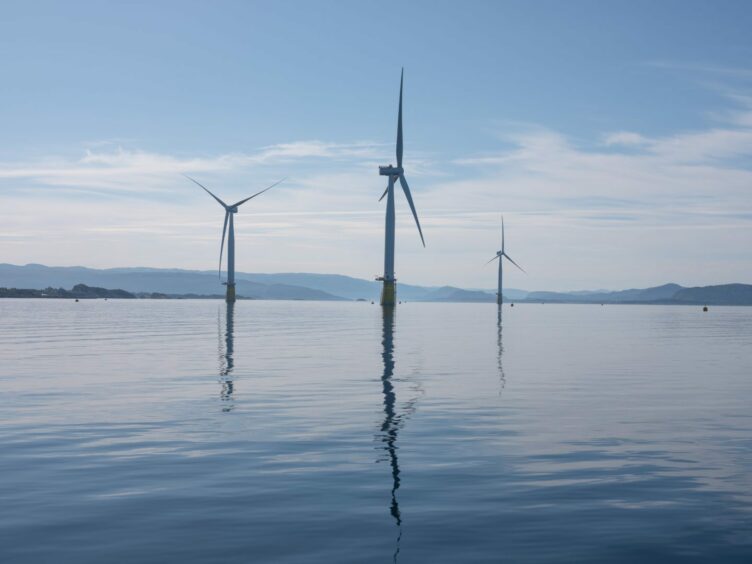 © Supplied by Equinor/Ole Jorgen Bratland
© Supplied by Equinor/Ole Jorgen Bratland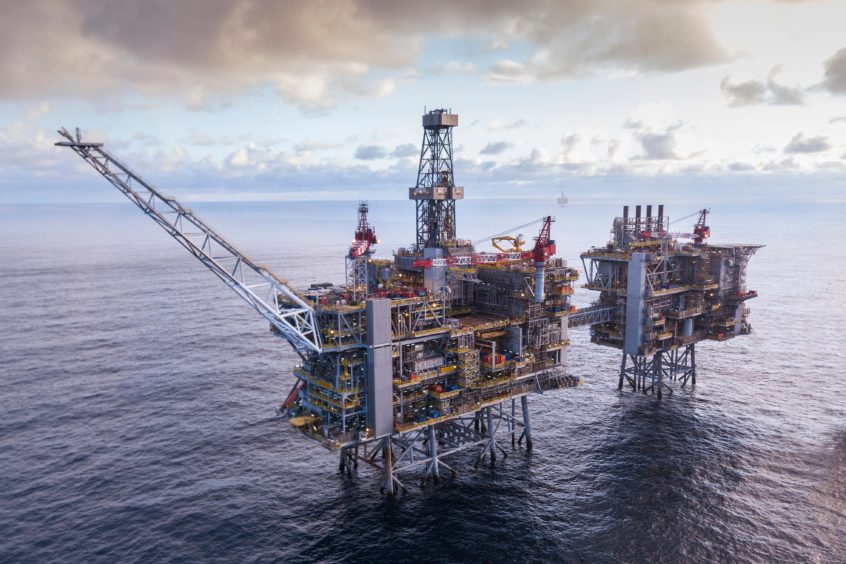
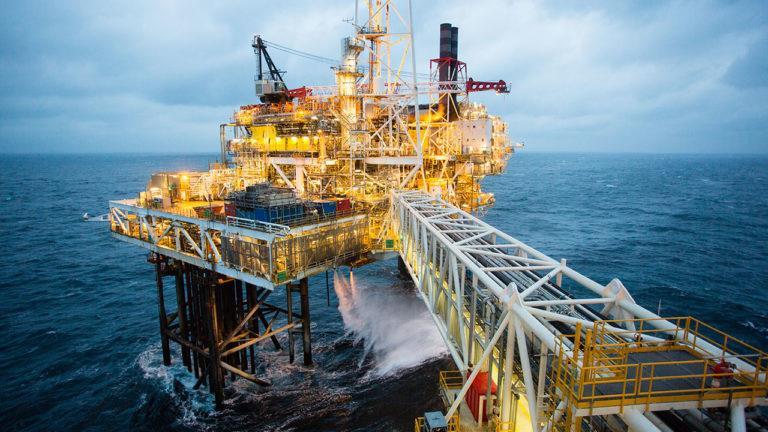 © Supplied by Ineos
© Supplied by Ineos